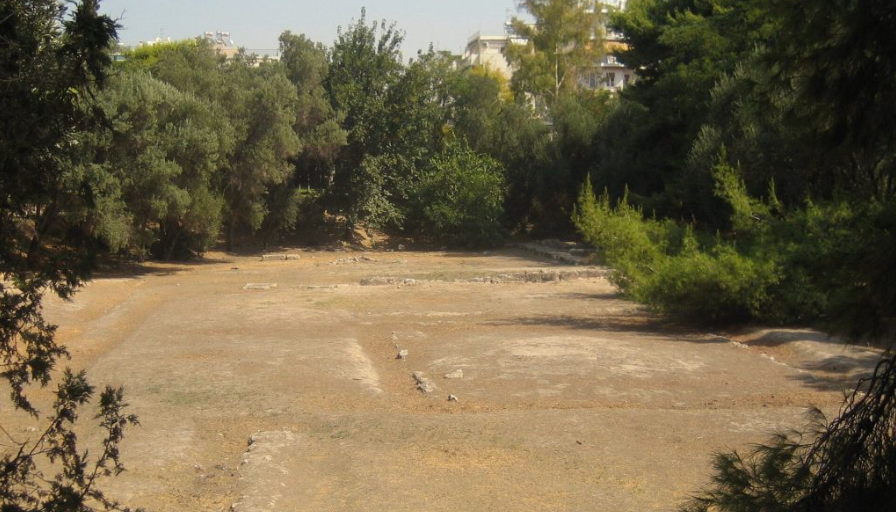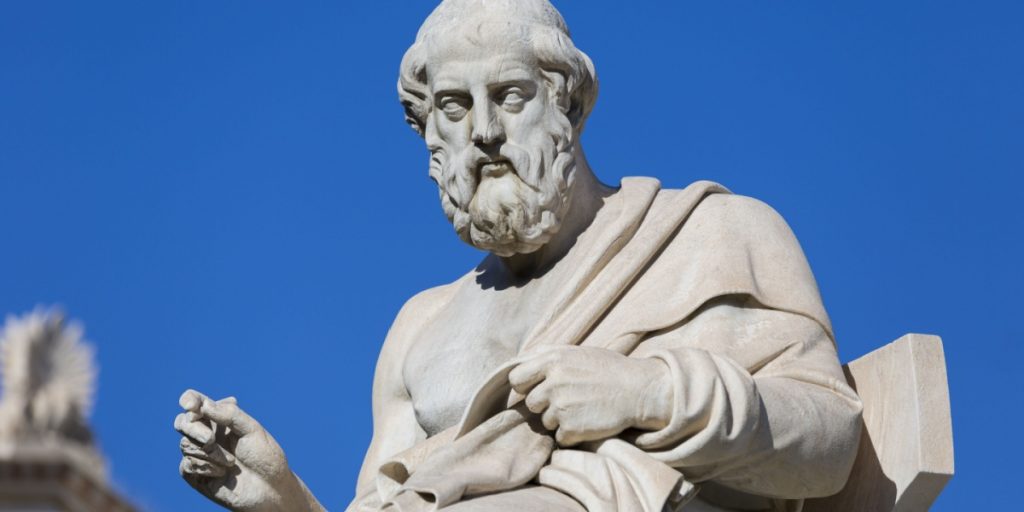A team of Italian researchers has made a groundbreaking claim regarding the burial site of the ancient philosopher Plato.
Others are reading now
An Italian research team led by Graziano Ranocchia, a papyrologist from the University of Pisa, believes they have located Plato’s burial site in Athens, based on new analyses of ancient papyri.
Discoveries from the Herculaneum Papyri
These recent and fascinating findings emerged from the Herculaneum papyri, uncovered in the 18th century at the opulent Villa of the Papyri in Herculaneum, Italy. Buried under volcanic ash for millennia, these scrolls have been preserved in remarkable condition.
Comprising more than 1,800 ancient documents, they represent one of the few large-scale libraries from the classical world that have survived to this day.
Researchers, using advanced AI technologies, revisited the texts of the Herculaneum papyri, uncovering approximately a thousand new or reinterpreted words from the scroll describing the “History of the Academy” by Philodemus of Gadara.
Also read
These updates represent a 30% expansion of the text compared to previous analyses conducted in 1991.

Plato’s Burial Site Unveiled
During a presentation of the mid-term results of the GreekSchools research project at the National Library in Naples, Graziano Ranocchia, a papyrologist from the University of Pisa, unveiled these new findings.
Ranocchia claimed that the findings provide evidence that Plato was buried in the “Academy” named after him in Athens, specifically in a garden near the “Temple of the Muses.” This revelation comes from a new interpretation of the papyri penned by Philodemus of the Epicurean school, which offers detailed accounts of the history of the Academy.
Commonly known as “The Academy,” or Plato’s Academy, this prestigious school was founded outside the city walls in the northwest of Athens in 387 BC. The site owes its name to the legendary hero Academos.
New examinations of the Herculaneum papyri suggest that Plato might have been sold into slavery either in 399 BC following the death of Socrates or in 404 BC during the Spartan conquest of Aegina.
These findings challenge previous theories that placed the event in 387 BC, during Plato’s time in Syracuse.
Notably, historical accounts of Plato’s death vary: Cicero claims he died while writing, whereas Hermippus contends that he passed away at a wedding at the age of 81, and was buried in the Academy.


